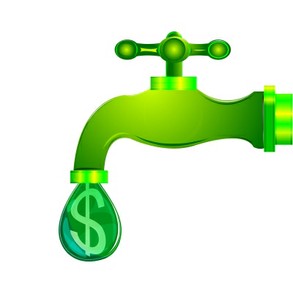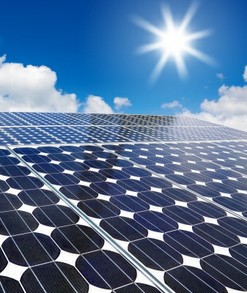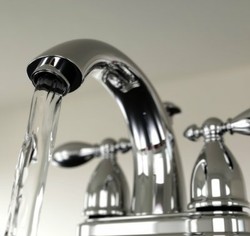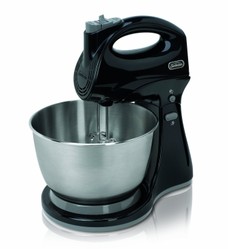Whether you're concerned about carbon emissions or simply want to lower your electricity bill, it's in every household's best interests to choose a hot water system wisely.
Unfortunately, not everyone has the luxury of choice. New home buyers often inherit the previous owner's choice, for better or worse. Meanwhile, those who need urgent hot water replacement will understandably want to rush the decision.
That said, water usage can consume up to one third of a household's ongoing power costs, so those who take the time and do the research will find themselves saving money and reducing their carbon footprint for years to come.






 10 Things You Need To Have Clean and Spotless Clotheson 10/28/2021
10 Things You Need To Have Clean and Spotless Clotheson 10/28/2021
 10 Business Ideas For Newbies That Will Thriveon 10/27/2021
10 Business Ideas For Newbies That Will Thriveon 10/27/2021


Comments